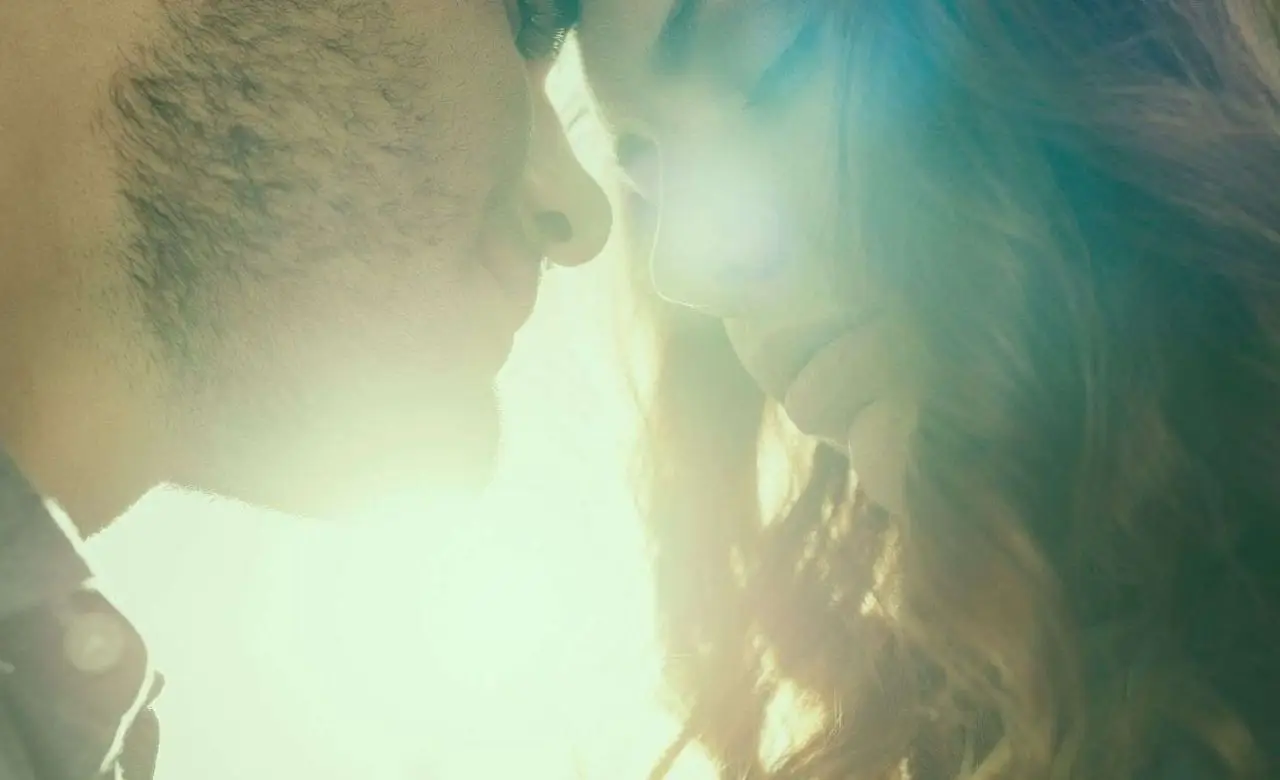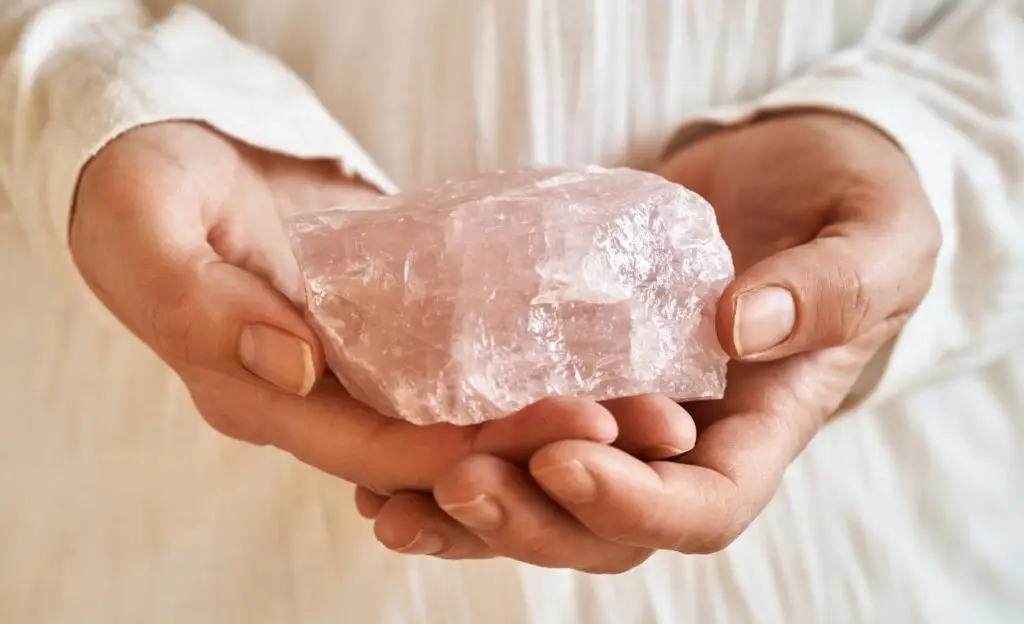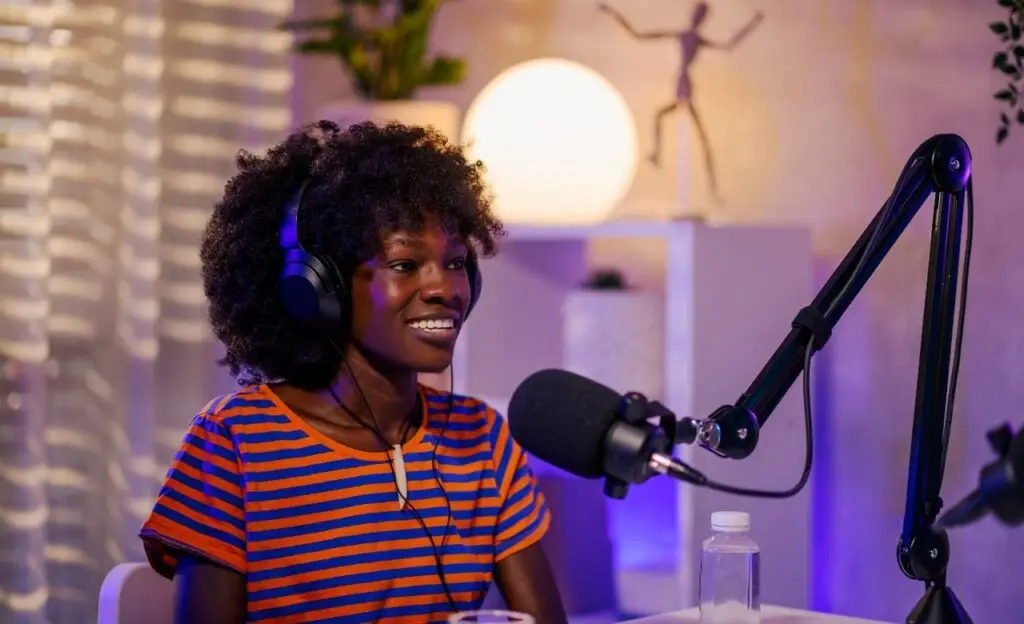Revised: August 16, 2025
Love chooses to believe the best about people. It gives them the benefit of the doubt. It refuses to fill in the unknowns with negative assumptions. And when our worst hopes are proven to be true, love makes every effort to deal with them and move forward. As much as possible, love focuses on the positive.
~ Stephen Kendrick on unconditional love
Most of my life I’ve been on a path—a path of self-discovery—a spiritual journey. I’ve always been curious about my inner landscape.
My goal has always been to find happiness, ever since I was a small child. I wanted to uncover how to avoid pain, discomfort, and heartache.
I analyzed situations and behaviors, looking for patterns I could categorize into good (producing happiness) or bad (producing sadness, hurt, etc.). And boy, I got really good at it. So good, in fact, that life got pretty humdrum.
Then I fell in love—really fell in love. I’d been married and divorced, but apparently, I had never been in love until then. And the painful process of recovering from the end of that relationship cracked me wide open.
That season of my life was when I discovered what unconditional love really is, and why—despite its challenges—I’ve decided this is the only way to love.
The Question of Unconditional Love
To oversimplify a complicated issue, I left my husband because he didn’t love me unconditionally. We had many conversations about it. He didn’t believe in unconditional love, and I did.
To be fair, I didn’t have a clue how to successfully love unconditionally, but I believed it was possible if we just tried to figure it out.
I distinctly remember a tearful conversation with a good friend at a restaurant about this very thing. I whined, “And he doesn’t believe in unconditional love.” My friend replied, “Unconditional love doesn’t exist. All love has conditions.”
She went on to list her conditions. I stared at her, trying to sort out my feelings. I had never not believed in unconditional love, and yet all my life I’d received overwhelming evidence that “all love has conditions.” I shelved the topic, but truthfully, I never stopped believing in it.
Love Returns, Lessons Return
The years rolled on. I got myself into therapy, eventually divorced my husband, continued my mission of self-discovery, and eventually reconnected with an old friend from college.
The moment we met for dinner and he told me his wife had left him, I knew we were going to fall in love.
The truth is, we were always a little in love ever since our ill-fated first attempt at dating in college. We are both good at big emotions—big love and big pain when things ended. And to some degree, we both practiced unconditional love.
Yes, practiced it. That was the revelation: unconditional love is a practice—a verb—not a noun.
All of the “practices” I once thought made me weak—like forgiveness, giving the benefit of the doubt, choosing to love people despite their flaws—these are actually the practices of unconditional love.
What I Didn’t Know Then
What I hadn’t yet learned was how to love unconditionally while still taking care of myself, and how to deal with emotions when things didn’t work out.
So when I felt emotionally betrayed by the man I loved, I reacted the way most of us would. I got angry. I put conditions on my love. I left him. I spiraled down into a rabbit hole of depression and self-doubt.
And as I climbed out of that rabbit hole, I uncovered a few practices of unconditional love that helped me stay in an open-hearted, healthy place—rather than a bitter, angry one.
1. Let Love Love Through You
After my relationship ended, friends gave me lots of advice: “You need to protect yourself,” “He doesn’t deserve your love after the way he treated you.”
These friends were well-meaning and sincere. They wanted to protect me from hurt and heartbreak. But I learned that closing my heart—protecting myself—was a big mistake.
Love isn’t a gift we bestow on another. Love just is. Love is a noun, and unconditional love is a verb. It isn’t we who love, but Love that loves through us.
When I stopped trying to repress my feelings or force myself to “get over him,” I discovered a new kind of freedom. The truth was, I still loved him. That love didn’t magically disappear because of pain. And that realization made me see that denying love only damages me—mentally, emotionally, spiritually, even physically.
As Martin Luther King Jr. said, “I have decided to stick with love. Hate is too great a burden to bear.”
2. Set Boundaries and Communicate with Love
Unconditional love doesn’t mean unlimited tolerance.
This practice is about learning to love fully without abandoning yourself. When you set boundaries, you’re not withdrawing love—you’re taking responsibility for your own happiness.
We can’t control how someone else loves us. What we can do is look within ourselves and decide if that person, or the way they love us, is good for us. And if it isn’t, we can speak from our hearts and say, “This behavior is not something I can allow in my life,” and then let the cards fall where they may.
Communicating boundaries with clarity and compassion means we stop trying to shape someone into who we want them to be. We simply decide what we need to be healthy and whole. Boundaries are not walls—they’re love in action.
3. Forgive—Constantly (Including Yourself)
When most relationships end, we demonize each other. We tell friends, “They were wrong. They should have loved me differently.”
It’s tempting to turn love into hate because hate feels like strength when we’re hurting. But hate drains us. Forgiveness, though difficult, frees us.
Forgiveness is rarely one-and-done. It comes in layers. First, we forgive them for not being who we hoped they would be. Then comes the harder part: forgiving ourselves—for opening our hearts, for getting hurt, for staying too long or leaving too soon.
Each layer of forgiveness softens us, helps us move forward, and prevents the buildup of bitterness that can poison our bodies and spirits.
4. Accept That Love Requires Risk
Unconditional love on this earthly plane is messy love. It soars to breathtaking highs and crashes to unspeakable lows.
Unlike the pure, endless love of the non-physical universe, earthly love is tangled up in emotions, obstacles, hopes, dreams, expectations, and disappointments. But that’s the point. Earth is for messy love because through it we grow our souls.
We came here to learn by loving imperfectly. Love will never be safe, but it will always be worth the risk.
5. Be Brave and Trust Yourself
Without sadness, heartbreak, and loss, we can’t truly know joy.
For me, life is about the full spectrum of emotions. I want to learn from mistakes, but not limit my joy by avoiding pain.
I’ve learned to trust my instincts—to know when a relationship isn’t right and to have faith that something better awaits. I’ve learned that heartbreak doesn’t define me, but it does refine me.
To love unconditionally is to be brave enough to trust yourself even when you’re vulnerable.
Moving Forward in Love
As I move forward, I’m grateful for all I’ve learned and happy for the shift in energy so I can practice unconditional love in action—not just while treading water.
There’s still plenty to learn. Forgiveness is hard. Being brave is tricky. Communicating with love takes practice.
But I’m committed to the journey. Onward and upward.
Learn more about love and what certain types of relationships can teach us about ourselves and Spirit in another blog, Soul Connections.




